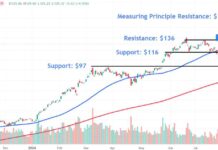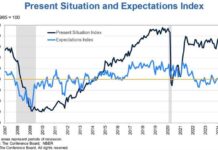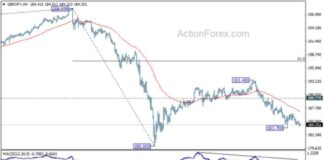Last week, the global financial markets experienced significant volatility due to the US presidential election. Surprisingly, Donald Trump emerged as the winner, leading to optimism in US equity markets and record highs for major indices like the DOW and NASDAQ.
However, the Dollar struggled to maintain its momentum post-election, with Treasury yields causing a cap on its rally. This could potentially lead to further correction for the Dollar in the near future if these trends persist. On the global front, European markets, particularly the Euro, faced challenges with concerns over a potential “Trade War 2.0” under Trump’s leadership.
Despite the US’s optimism, European and Asian markets did not see the same level of positive sentiment. European indexes like FTSE 100, DAX, and CAC 40 closed the week in negative territory. The UK’s economic environment also poses challenges, as the recent inflationary budget may prompt the Bank of England to adopt a more cautious approach to monetary policy.
In Asia-Pacific, Japan’s Nikkei index rebounded, while China’s Shanghai SSE composite extended its near-term rebound. The top movers of the week were EUR/AUD and EUR/CAD, both experiencing significant declines due to a sluggish growth outlook for the Eurozone and strong risk appetite in US markets.
Looking ahead, GBP/USD is expected to remain neutral, with a potential further decline if 1.3047 resistance holds. A break of this level could resume the fall from 1.3433. In the bigger picture, a medium-term top may be in place at 1.3433, leading to a correction of the uptrend from 1.0351.
In conclusion, while the US markets continue to surge on optimism post-election, global markets are facing challenges and uncertainties. It will be crucial to monitor how different regions navigate the current economic and political landscape in the coming weeks.

















